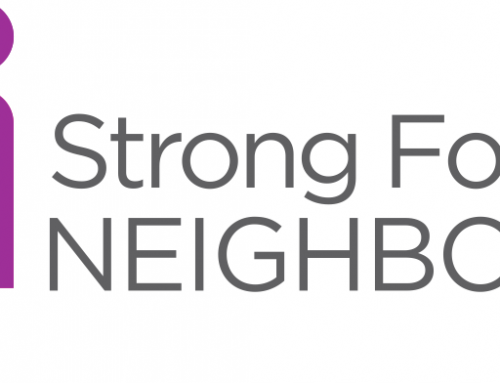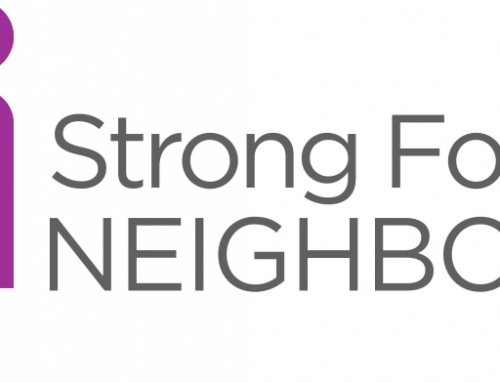This blog is part of a 7-part series about Mental Health in England and implications for Niagara. Check out the links below to read other blogs in this series.
Care for mental illness in England dates back to 1247 when a monastic order was founded in London to shelter the sick and infirm. These were the roots of their charitable sector and our own North American philosophy of care. One of the first services that I visited was a residential home operated by Care UK, one of the largest private providers in the UK with over 22,000 staff members.
Private provision of community mental health care is a relatively new but expanding phenomenon in England. In 1971 a government paper proposed a complete overhaul of services and movement to the community sector. Costs have continued to be an issue as the initial cost savings of this move have not, for the seriously mentally ill, proven to be cheaper than hospitals. As a consequence, according to one study there has been a new shift to the private sector. A sector specific blog indicates that privatization for mental health in England began in the 1980’s together with privatization of the long term sector. It appears to have gathered steam in the last few years with a report that there has been a surge in private contracts in the last few years and a worry that the National Health System (NHS) cannot compete against private providers. According to the blog, entire hospitals are being turned over to private companies, a fact my Care UK colleague in England corroborated. According to my colleague, business has been booming and the number of their company contracts has continued to expand. These are intriguing developments in the country that spawned Das Kapital by Karl Marx and created the model of modern socialist health provision.
From my observations and discussion, private care operators like Care UK, provide professional, caring and efficient operation with the resources to back it. My UK colleagues commented that the smaller not for profit operations could not compete with the administrative support services they provide, such as contract negotiations and data management.
Implications for Niagara
There are greater demands on the existing, largely not-for-profit, services here in Niagara as in the rest of the province- a reality that was raised during the building of the Niagara Mental Health and Addictions Charter. Even though much of this is labeled as improved accountability; the implications nevertheless are greater demands on agencies with fewer resources. The word ‘efficiency’ is often used, and the subtle message is bigger is better. The private sector is experienced and ready to fill need. Many of us have experience with the private sector in the delivery of seniors’ services, disability housing, addictions treatment and other areas. For example, some of your clients may be currently housed with small private for-profit housing providers in Niagara. Are we ready to accommodate the private sector on an even larger scale? Can they offer a superior service such as I witnessed in the Care UK example? What would the implications be for our current system and especially our smaller not-for-profit providers? Would greater privatisation help or hurt the client experience?
These are just a few questions that give me pause for reflection. What are your thoughts and experiences? Do you see a role for private services in the mental health sector in Niagara?
George Kurzawa
Executive Director
Canadian Mental Health Assocation, Niagara Branch
gkurzawa@cmhaniagara.ca
Other Blogs In This Series:
- Part 1: Mental Health in England – Peer-to-Peer Exchange
- Part 3: Mental Health in England – Workforce Development Statistics Gone Wild
- Part 4: Mental Health in England – What Does Smog Have to do With Mental Health
- Part 5: Mental Health in England – Real Outcomes for Real People an Beyond
- Part 6: Mental Health in England — Values and Core Competencies Trump Skill
- Part 7: Mental Health in England — Suicide and Collaboration, How Community Can Save Lives








